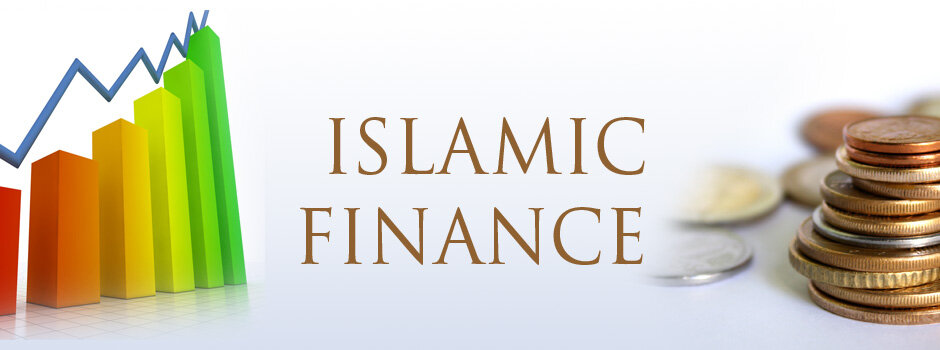Islamic Finance is applicable only to Muslims
Although Islamic Finance is rooted in Islamic principles, it is accessible and appealing to people of all religious backgrounds. A sizable portion of Islamic bank depositors are non-Muslims who choose Islamic banks due to their individual preferences, such as low service fees, high product returns, or ethical considerations, as Islamic finance is based on universal Islamic values.
Islamic Finance is about gratis funds
Islamic finance is primarily directly related to trade and entrepreneurship, which must adhere to the rules, norms, and principles of the Sharia. Islamic finance has tools and institutions aimed at assisting those in need, based on mandatory injunctions and teachings of Islam, as well as the rich practice of Islamic history. In modern financial literature and practice, the socio-economic component of Islamic Finance is known as the term ‘Islamic social finance’.
Islamic Finance is always more expensive
While Islamic financial products may have distinct characteristics, they are not inherently more expensive compared to conventional financial products. Comparing the cost and terms of financing is important for every individual. However, Islamic financial products may not always be cheaper than conventional financial products, as industry players align with the market rates.
Islamic Finance is about risk free investments
Islamic finance does not guarantee the absence of risk and can involve unique risks, particularly because it operates only in connection with real assets. Moreover, the concept of risk-taking is an integral part of Islamic finance philosophy. The difference is that, unlike conventional finance, Islamic finance operates on the principles of risk-sharing, meaning sharing of profits and losses between parties in a deal, fostering a more equitable distribution of risk. This principle aligns with the broader Islamic ethical framework, which emphasizes fairness, justice, and mutual responsibility. However, it's essential to note that while risk-taking is inherent in Islamic finance, it is managed within the bounds of Sharia principles to ensure ethical and responsible financial practices.
Islamic Finance guarantees high returns
Islamic financial contracts that operate on the basis of trading or leasing are primarily based on prevailing market rates, similar to conventional financial products. Therefore, such contracts cannot exceed market rates. Contracts based on profit and loss sharing may offer high returns, but they also come with high risks, akin to venture and angel investments. It's crucial to understand that while Sharia compliance confirms adherence to Islamic principles, it does not guarantee high returns.
Islamic Finance offers limited investment opportunities
Islamic finance offers diverse investment opportunities while adhering to Sharia principles. Islamic finance sector is going hand in hand with the market demand, and is evolving to meet modern financial needs and offers innovative products and solutions.
Islamic Finance doesn't address modern financial needs
In fact, Islamic finance is dynamically evolving and adapting to modern financial needs. There are numerous innovations and products that cater to contemporary requirements.
Islamic Finance is not inherently halal and merely imitates Sharia compliance
This is an incorrect assumption that implies that Islamic finance merely circumvents the prohibition of interest (usury). Islamic finance adheres to Islamic principles and strongly involves real asset transactions, profit sharing, and profit and loss sharing deals. To ensure Sharia compliance, Islamic financial institutions follow procedures set by regulatory authorities, and products undergo Sharia certification and review by specialists. The controversies circulating in the public regarding the imitation of Sharia compliance by Islamic finance most likely originated from the modern application of a number Islamic financial contracts and products such as Bay Al Inah (instant sale back contract) and Tawarruq, as well as asset-based Sukuk, for example. However, in Malaysia, the manner in which these contracts are applied has been approved by the country's Islamic Finance regulatory authorities, in alignment with the Shafi'i madhhab’s stance that is followed in Malaysia. Our resource follows AAOIFI (the Accounting and Auditing Organization for Islamic Financial Institutions) Sharia standards, which are considered balanced in terms of interpreting the application of classical Islamic financial contracts in modern financial relationships and transactions. AAOIFI Sharia standards provide overall rules and principles for business transactions under Islamic law. While these standards are designed to be universally applicable, they do not delve into the details of each madhhab (Islamic legal school), which can differ in their interpretations and rulings depending on cases. The choice of AAOIFI Sharia Standard is biassed on the fact that it is a non-profit organization funded by its institutional members, and it is an independent international organization not biased by country specificity in comparison with the Sharia-setting bodies of a number of Islamic nations.










